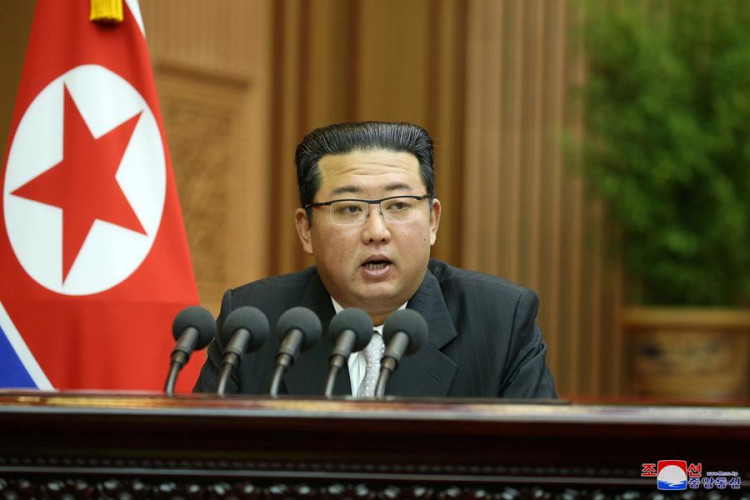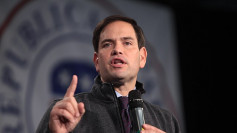The Biden administration sanctioned five North Korean officials on Wednesday in reaction to the country's latest ballistic missile test, and subsequently stated it will seek additional United Nations penalties.
North Korea's new missile launches provide additional proof that the country is continuing to "advance banned activities despite worldwide pleas for diplomacy and denuclearization," US Treasury Undersecretary for Terrorism and Financial Intelligence Brian E. Nelson disclosed in a statement.
The Treasury Department stated that its actions are in response to North Korea's "six ballistic missile launches" since September of last year, stressing that Pyongyang has violated numerous United Nations Security Council Resolutions.
The Treasury Department announced that it would impose sanctions against the five officials for their roles in obtaining technology for the North's missile programs.
Additionally, the State Department imposed penalties on another North Korean, a Russian individual, and a Russian business for their broader support for North Korea's weapons of mass destruction program.
A comprehensive review of North Korea's missile test on Tuesday local time is ongoing. Three U.S. officials stated that it displayed some startling capabilities, while another two revealed that they were unsurprised by the development.
These two officials highlighted North Korea's declaration earlier this month that it was developing sophisticated weaponry for warfighting and conducting its first hypersonic missile test last year.
North Korean state media said on Wednesday that leader Kim Jong Un personally observed a hypersonic missile test this week, along with a photo of him at an unidentified site - the first time state media has depicted him at a missile test since 2020.
Japan and South Korea reported Tuesday's test launch, claiming it was a ballistic missile.
Numerous United Nations Security Council resolutions prohibit the reclusive country from conducting ballistic missile or nuclear tests.
Wednesday's Treasury decision freezes all blacklisted individuals' assets in the United States and generally restricts Americans from transacting with them.
One of the U.S. Treasury's five North Korean targets is based in Russia, while the other four are based in China. All of them are charged with funding, supplying commodities, or giving services to North Korea's Second Academy of Natural Sciences, which the Treasury alleges is substantially involved in the country's military defense activities.
Meanwhile, the Joint Chiefs of Staff of South Korea said Tuesday's launch was more advanced than Pyongyang's missile test last week, hitting a speed of more than 10 times the speed of sound.






